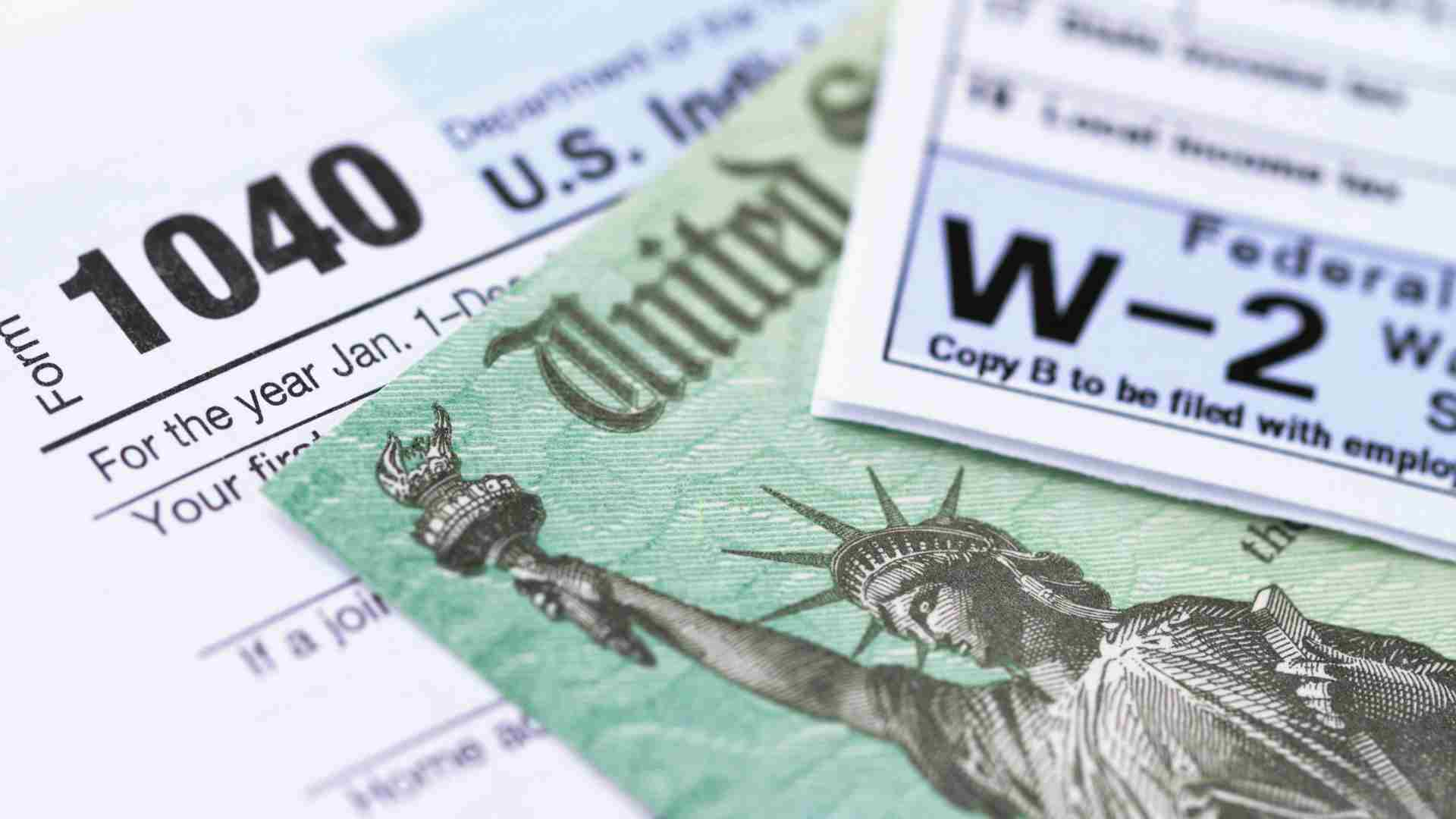Filing a tax return is what millions of Americans have to do every year. The Internal Revenue Service (IRS) will start the new tax season soon. However, not all retirees must file because their Social Security benefits or earnings do not go over the limit.
While Social Security benefits may be taxable up to a limit, SSI payments are not. Therefore, if you are on Supplemental Security Income, that money you get from it is not taxable says the IRS.
| Important links |
|---|
| Food Stamps |
| PAYMENTS |
| stimulus checks |
| SSDI |
Those Social Security beneficiaries who have other earnings need to stick to the thresholds the IRS has set. Plan everything beforehand in order to avoid delays and surprises. Not doing so could have negative consequences and you’d better keep an eye on your finances.
HOW CAN I FILE A TAX RETURN WHILE ON SOCIAL SECURITY?
The Internal Revenue Service informs that you can either file online (electronically) or by traditional mail. However, it is really important to determine your filing status before you do so.

The IRS recommends using the Interactive Tax Assistant to make the right choice. Remember that e-filing will grant you a faster tax refund if you qualify for one. By choosing electronic filing, the online tool will tell you the form you will need to report your earnings to the IRS while on Social Security benefits.
In this way, you will avoid making mistakes regarding the type of form you need. Gather the Federal income tax withheld, all the income documents to prove your earnings and your age and your spouse’s, as well as your filing status.
If you visit the IRS website: https://www.irs.gov/help/ita/which-form-should-i-use-to-file-my-taxes , you can carry out a quick survey to see the form you need and get ready for the next filing season.
HOW MUCH DO I HAVE TO PAY THE IRS IF I GET SOCIAL SECURITY AND OTHER EARNINGS?
If you are on Social Security retirement, disability, or survivor benefits, you may have to pay taxes to the IRS. Remember that about 40% of beneficiaries must pay federal income taxes.
Of course, if you do not have substantial earnings apart from Social Security, you may not have to pay anything at all. For example, if your combined income is between 25,000 dollars and 34,000 dollars, you may have to pay the IRS income tax on up to fifty percent of your benefits.
Those beneficiaries who get more than $34,000 will have to pay taxes to the IRS on up to 85% of their monthly checks from SSA. Filing a joining return has the same percentages but different earnings thresholds.
Joint filers whose combined income is between $32,000 and $44,000 may have to pay taxes too. It will be on up to 50% of their Social Security benefits said the IRS. When your combined income is over $44,000, it will be up to 85%.